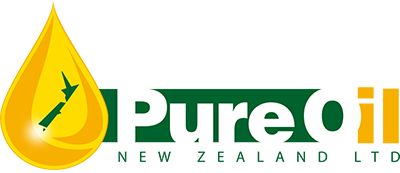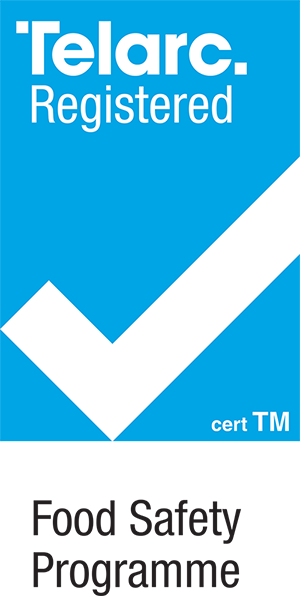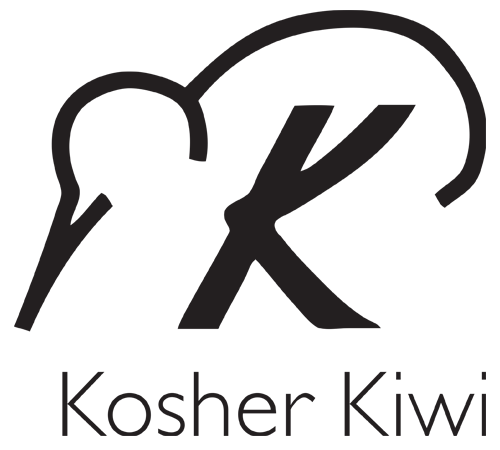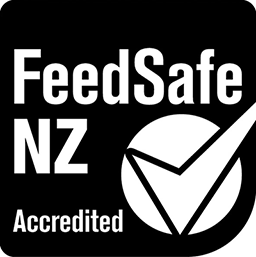Sustainability
Environmental Impacts
Pure Oil NZ’s stated business purpose; “Committed to better natural nutrition that is traceable and sustainable”. We therefore take sustainability and all environmental impacts seriously. We invest time and money to reduce our negative environmental impacts and to ensure that our business can endure into the future.
We group environmental matters under 3 sections:
We have had good successes in improving our environmental impacts and we list these projects under our “Green Success Stories”
Growing our crops
Our Farmers (grower-suppliers) are an integral part of the business, and we have long standing relationship with our farmers. The business invests back into the arable rural areas by providing new cropping options such as sunflowers and soyabeans.
Pure Oil NZ agronomy team offers continuous support to our farmers to improve soil-health, reduce soil loss, bee protection and protect biodiversity. We aim at enhancing sustainable farming in NZ with an agronomy model to support local economy, value chain efficiency and energy conservation.
Working closely with our farmers allows for good agronomy advice for growing crops sustainably with limitations on input used. We have introduced two new crops recently – sunflowers and soyabeans, both these crops are low input and fit nicely into the cropping rotation.
Processing the seed
Renewable energy Our factory (Crush Facility) is powered with renewable Hydro power, which means the same rains that irrigate our dryland crops also doubles as the energy provider to the South Canterbury Hydro Dam system.
Our business model is based on the ‘Zero Waste’ model. Once the oil is extracted from the seeds, the leftover is still nutrition rich and is sold as equine meals and stock feed.
The left-over oil that is unsuitable for human consumption is packaged and sold as crop oil and dust suppressant. The operations team is very vigilant to ensure all inward seed is processed and sold as either oil or meal. Mass balance calculations are maintained to ensure no waste occurs.
Product to market
Low food miles Reducing the distance from paddock-to-plate is a sensible and straightforward way to lower carbon emissions. Having our farmers within 300 Kms and all our customers within 1100 Kms from the Crush Facility has allowed us to reduce the Food Miles as compared to imported vegetable oils.
Our business model is based on the ‘Zero Waste’ model. Once the oil is extracted from the seeds, the leftover is still nutrition rich and is sold as equine meals and stock feed.
The left-over oil that is unsuitable for human consumption is packaged and sold as crop oil and dust suppressant. The operations team is very vigilant to ensure all inward seed is processed and sold as either oil or meal. Mass balance calculations are maintained to ensure no waste occurs.
In the early 2022 as part of reducing our plastic dependency we launched the bag-in-box 20 litre packaging replacing the 20-litre plastic jerry cans for the food-service industry. Ever since the launch we have has positive response from our customers.
The Good Oil 1L bottles are made from recycled glass by our supplier in Auckland.
Our bulk and commercial oils are packaged in reusable pallecons and IBCs for local and export markets.
Our Green Initiatives

Soyabeans
Pure Oil NZ’s Agronomy and Product Development teams are aiming to establish soybean crop into New Zealand arable sector and to build a market for high quality, minimally processed soyabean products. Soya beans are an efficient plant at taking carbon from the atmosphere and converting that to nitrogen to grow a crop of soyabeans with little input nitrogen fertiliser. The soyabean also leaves deposits of usable nitrogen in the soil for the following crop (wheat).
Reducing plastic packaging
Minimising and eliminating plastic from our packaging, it is our continuous effort to reducing and eliminating where possible our dependency and usage of plastic in our packaging. We aim at introducing the bag-in-box packaging in our Leg Up brand by the end of 2022.


Reducing methane emissions
Rapeseed meal reducing methane emissions for dairy cows, research has shown rapeseed meal cake to reduce methane emissions in dairy cows by as much as 13%. We are working with likeminded dairy farmers and research organisations to understand this science more and develop further for the New Zealand dairy industry.
Biodiesel fuelled fleet
We run our light vehicles and heavier rolling vehicles on diesel. Innovation is at the centre of our values; we have commenced a project to convert our lower grade rapeseed oil to be made into biodiesel and use this to fuel all our diesel vehicles and our grain dryer.
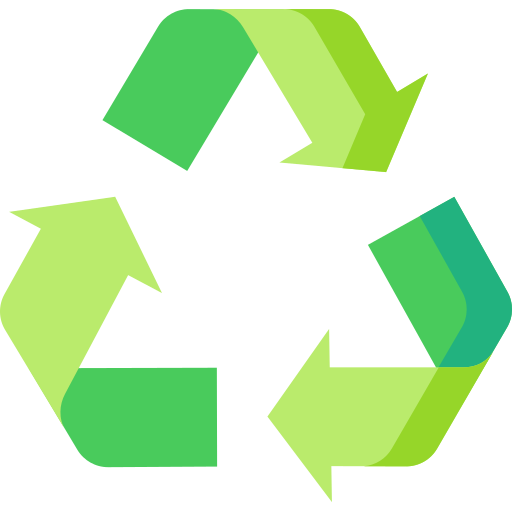
NEED MORE INFORMATION?
Make an Enquiry
For more information on our methods to reduce negative environmental impacts environmental impacts, email us below. We look forward to hearing from you.
